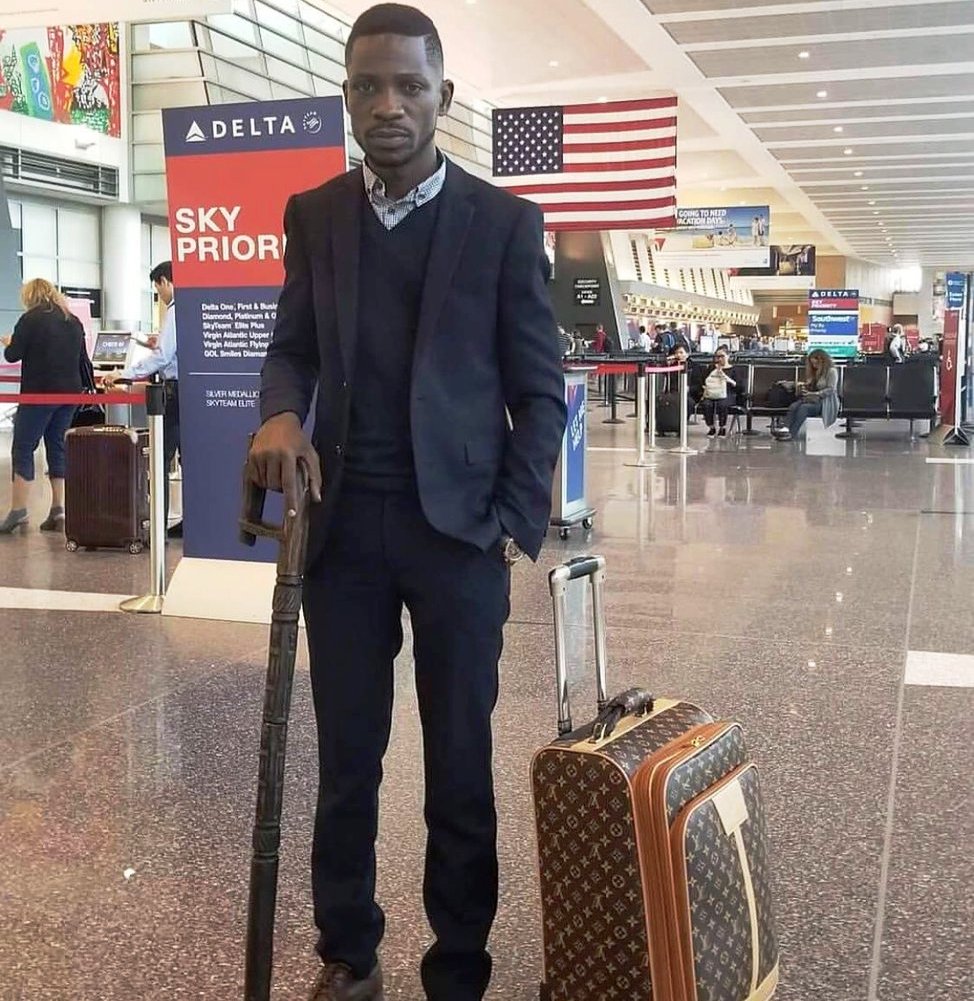The East African Community (EAC) under the supervision of Secretary General Amb. Liberat Mfumukeko has obtained $2 billion from its two donors to accelerate regional integration through economic transformation.
This is the first time in the history of EAC that the Community negotiates and scoops such an amount for the region which adds to almost $600 million worth of grants that Mr. Mfumukeko signed with other development partners since 2016.
According to a statement issued by the secretariat in Arusha on Tuesday, the African Development Bank (AfDB) and African Development Fund (ADF) have approved the Regional Integration Strategy with Projects worth U.S $2 Billion for EAC. The African Development Bank is among the top EAC Development Partners. The Bank’s support in the Region is oriented toward “Accelerating East Africa’s Transformation through Regional Integration”.
“Since July 2017, the EAC Secretariat has been working with the Bank on a proposal to support its priority projects under the Bank’s Regional Integration Strategy Paper (RISP) for Eastern Africa (EA-RISP 2018-22,” reads part of the statement.
Adding that the efforts to engage with the Bank are in line with the outcome of the Joint EAC Heads of State Retreat concluded on 28th February 2018 in Kampala, Uganda, at which the Secretariat was called upon to collaborate with development partners to “Mobilize resources required for implementation of new and ongoing priority infrastructure projects”.
This website understands that a total of 20 projects worth $2 billion are to be implemented by the EAC and Partner States are included under the EA-RISP which was approved by the Bank’s Board of Directors on 10th October 2018 for the next five years.
According to a separate statement released by the Bank on October 12, the RISP is the Bank’s strategic and programming instrument to guide its support to regional operations in 13 countries, comprising the six EAC Partner States and their congruous neighbours in the greater Eastern Africa region such as Ethiopia, Djibouti, Somalia and Sudan. EA-RISP is anchored on two mutually reinforcing pillars, namely ‘regional infrastructure for competitiveness and structural transformation’, and ‘strengthening the policy and institutional frameworks for market integration, growing investments and value chains development.
“In line with this strategic thrust, the EAC priority projects included in the RISP cover regional transport connectivity, regional energy infrastructure, regional ICT connectivity, and management of transboundary water resources.”
“Under the second pillar, the Bank will support projects aimed at accelerating implementation of the EAC single market, trade development including tackling of non-tariff barriers (NTBs), and putting in place policy frameworks for industrialization and promotion of EAC as a single investment destination. On financial market integration, the Bank aims to scale up implementation of the EAC payment and settlement systems integration. A number of knowledge products have also been prioritized, including publication of the flagship Eastern Africa Industrial Competitiveness Report in collaboration with UNIDO,” the statement adds.
Therefore the bank has indicated that the indicative operational program updated at the Mid-Term Review in 2020. A range of instruments will be deployed to finance the selected projects, including the Bank concessional resources under the African development Fund (ADF) window, its non-concessional resources under the African Development Bank (ADB) window, trust funds and blending instruments, including through collaboration with other development partners such as the European Union, French Development Agency (AFD), and China’s Africa Growing Together Fund (AGTF).
Approval of the RISP paves the way for the EAC Secretariat to commence engagements with Partner states in implementation of the approved projects. In particular, the Secretariat will sensitize Partner States on the selected regional projects to enhance commitment by Partner States; the Secretariat will leverage its convening power to facilitate joint requests from Partner States to access Bank resources for the prioritized projects; the Secretariat will also coordinate implementation and monitoring for results to ensure countries involved in multinational projects move at the same pace.





